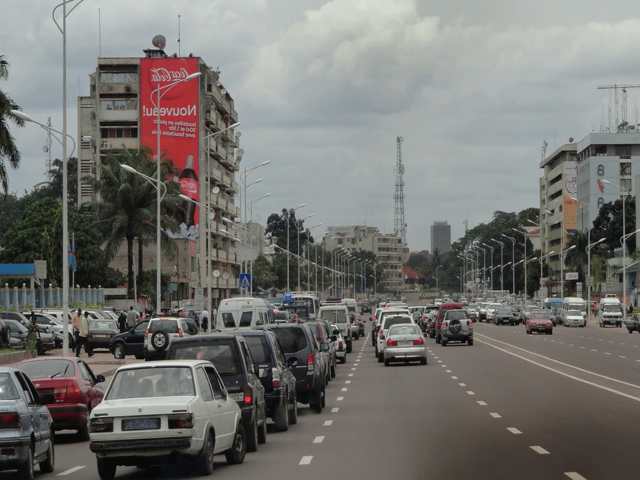Unveiling History: Proclamation of the Republic in Congo
Table of Contents
The proclamation of a republic marks a pivotal moment in a nation’s history, signifying a shift in governance and often a quest for independence. In this exploration, we delve into the historical significance of the Proclamation of the Republic in Congo, unraveling the events that led to this milestone and its enduring impact on the nation.
The Historical Context
The journey towards the Proclamation of the Republic in Congo is intricately woven into the fabric of the country’s struggle for independence from colonial rule. Congo, formerly a Belgian colony, had experienced decades of exploitation and oppression. The mid-20th century witnessed a global wave of decolonization, and Congo was no exception.
Amidst rising demands for autonomy and self-determination, Congo’s path to independence gained momentum. The country’s quest for freedom was characterized by the leadership of iconic figures such as Patrice Lumumba, who played a pivotal role in shaping the nation’s destiny.
Path to Independence: A Struggle for Self-Determination
The early 1960s marked a turning point in Congo’s history. On June 30, 1960, the country officially gained independence from Belgium. The euphoria of newfound freedom, however, was short-lived as internal and external challenges tested the resilience of the nascent nation.
The political landscape was marked by power struggles, exacerbated by Cold War dynamics and external interference. Amidst these challenges, the need to define the nation’s political identity and structure became paramount. This quest culminated in the Proclamation of the Republic.
Proclamation of the Republic: Symbolizing Sovereignty
On November 24, 1965, Congo made a historic declaration by proclaiming itself a republic. This proclamation was not merely a change in nomenclature; it symbolized the assertion of sovereignty and the establishment of a political framework that aligned with the aspirations of the Congolese people.
The move towards a republic signaled a departure from the remnants of colonial influence and an affirmation of Congo’s right to self-governance. It was a declaration of political maturity and a commitment to charting an independent course on the global stage.
Leadership and Vision: The Role of Patrice Lumumba
At the heart of the Proclamation of the Republic was the visionary leadership of Patrice Lumumba. As the first Prime Minister of the newly independent Congo, Lumumba played a central role in steering the nation towards republic status. His impassioned speeches and unwavering commitment to the ideals of democracy and sovereignty resonated with the Congolese people.
However, Lumumba’s tenure was marred by political turmoil and external pressures. His commitment to national interests and rejection of neocolonial influences drew the ire of vested interests. Tragically, Lumumba’s tenure was short-lived, and his assassination in 1961 cast a shadow over the early years of the republic.
Challenges and Triumphs: The Early Years of the Republic
The Proclamation of the Republic ushered in a period of both challenges and triumphs for Congo. The nation grappled with internal strife, secessionist movements, and external interventions that tested its newfound sovereignty. However, it also experienced moments of resilience, cultural resurgence, and a determination to forge a distinct national identity.
Legacy and Impact: The Republic in Retrospect
Reflecting on the Proclamation of the Republic in Congo invites a contemplation of its enduring legacy. The nation’s journey from colonization to independence, culminating in the establishment of a republic, holds lessons for the present and future. The struggles and sacrifices of those who paved the way for sovereignty continue to resonate in the collective memory of the Congolese people.
Conclusion: A Historic Chapter Unveiled
The Proclamation of the Republic in Congo stands as a testament to the nation’s resilience, the courage of its leaders, and the aspirations of its people. This historic chapter in Congo’s journey encapsulates the complexities of post-colonial nation-building, marked by challenges, triumphs, and the unwavering spirit of a people determined to shape their destiny. As we delve into this narrative, we gain insights into the dynamics of independence, the pursuit of self-determination, and the enduring quest for a free and sovereign Congo.

